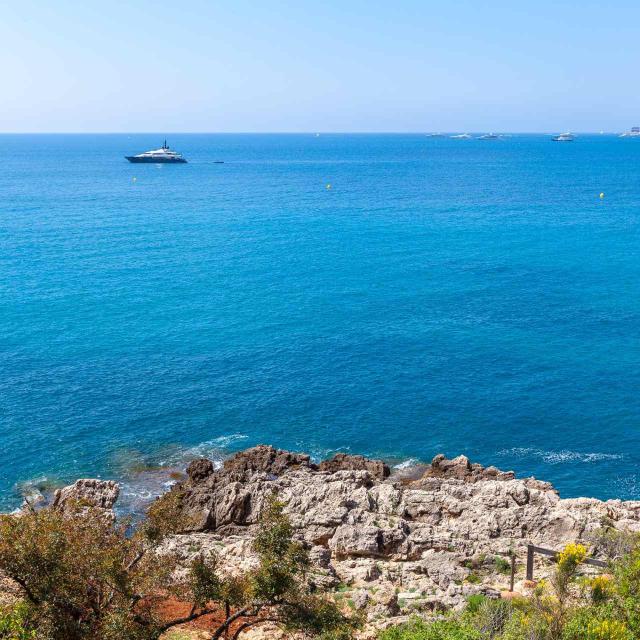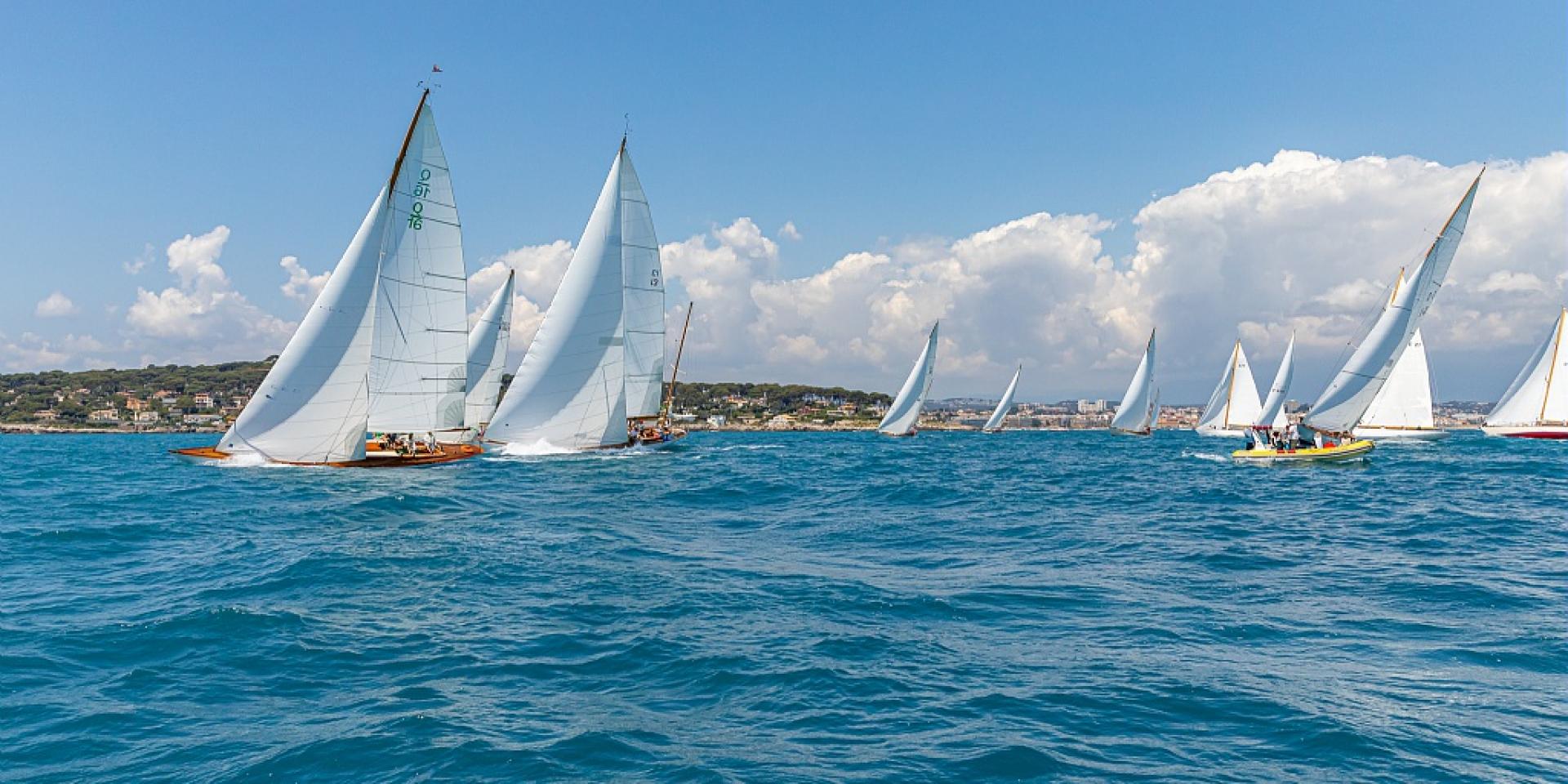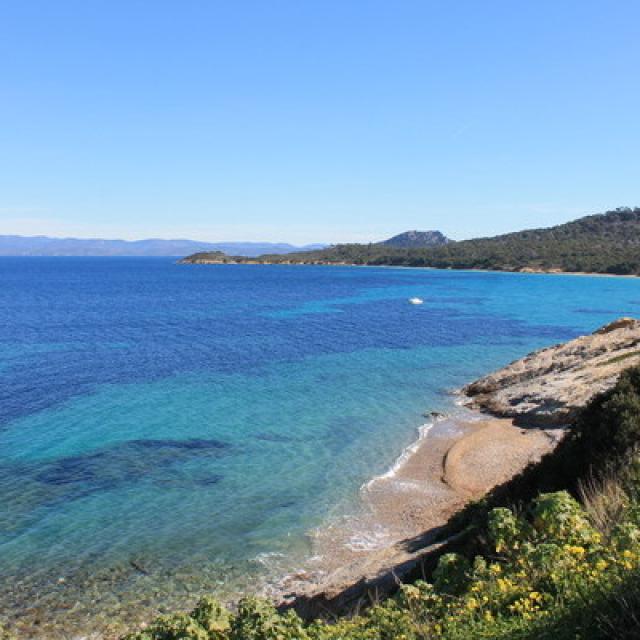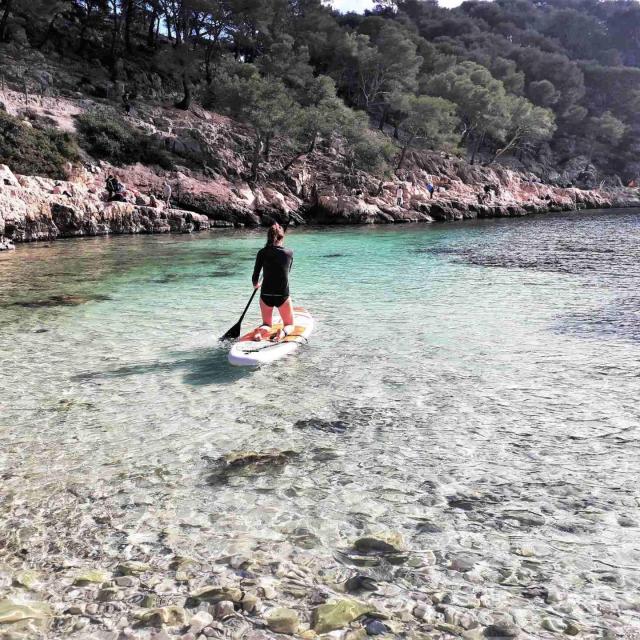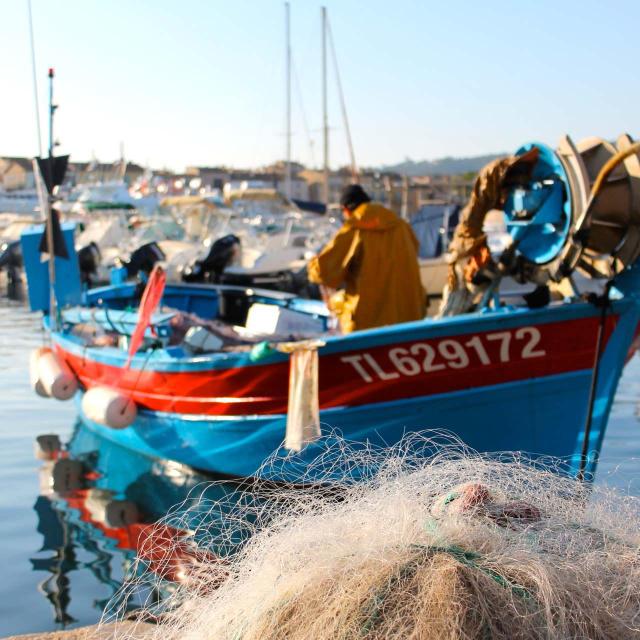Change heading in the Alpes Maritimes
Head for Cap Martin on the la Côte d’Azur, opposite Cap Moderne, for a sailboat outing with a skipper. Its beautiful fine sandy beaches, its wild creeks and steep cliffs are also ideal for diving. As you explore the seabed with an experienced guide, you’ll see corals, multicoloured fish and even shipwrecks Amazing! Thrill-seekers will probably prefer waterskiing, wakeboarding and even kayaking. To connect with local biodiversity the favourite green activity is still snorkelling for fans of diving and nature. With your goggles and your snorkel, you’ll see some typical species: groupers, moray eels and sea bream. You can also visit the island’s historic monastery and get your fill of the panoramic views of the Côte d’Azur and a big “Wow!”
